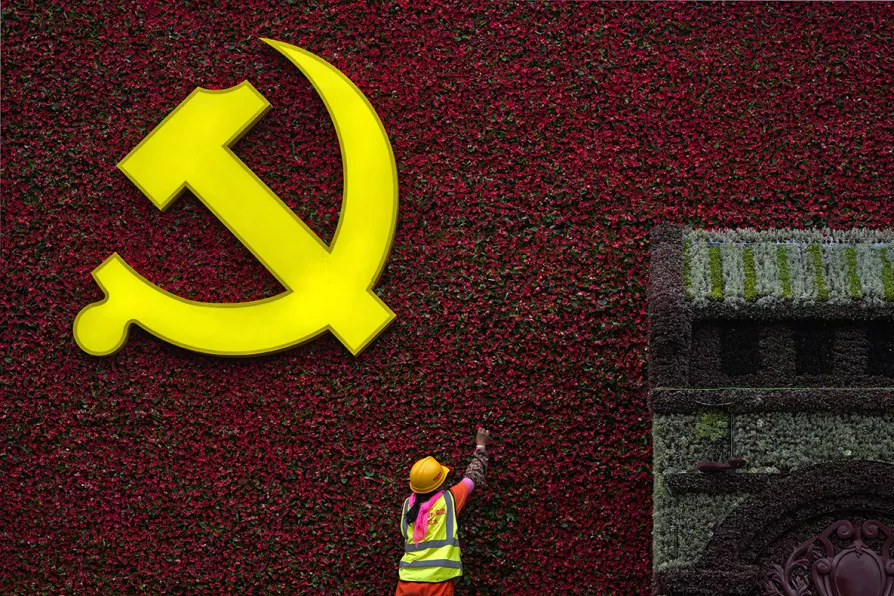As tens of thousands return to the streets for the first national Palestine march of 2026, this movement refuses to be sidelined or silenced, says PETER LEARY

 A worker installs a flag-shaped flowers decoration with a Communist Party's logo in Beijing, Wednesday, June 16, 2021.
A worker installs a flag-shaped flowers decoration with a Communist Party's logo in Beijing, Wednesday, June 16, 2021.
TO this day, the most popular method for casually denigrating the People’s Republic of China and the record of the Communist Party of China (CPC) is to cite the alleged crimes of Mao Zedong who, from the early 1930s until his death in 1976, was generally recognised as the top leader of the Chinese Revolution.
After all, if the CPC was so dedicated to improving the lot of the Chinese people, why did it engage in such disastrous campaigns as the Great Leap Forward (GLF) and the Cultural Revolution?
The GLF, launched in 1958, was an experimental programme designed to achieve rapid industrialisation and collectivisation; to fast-track the construction of socialism and allow China to make a final break with centuries-old underdevelopment and poverty; in Mao’s words, to “close the gap between China and the US within five years, and to ultimately surpass the US within seven years.”

BEN CHACKO welcomes a masterful analysis that puts class struggle back at the heart of our understanding of China’s revolution

STEPHEN BELL reports from a delegation that traced the steps of China’s socialist revolution from its first modest meetings to the Red Army’s epic 9,000km battle to create the modern nation that today defies every capitalist assumption

Activists from across the world gathered in China for an educational exchange where they witnessed the progress the country has made in building an ecological society and discussed the path to peaceful international relations, reports CALLUM NORRIS











